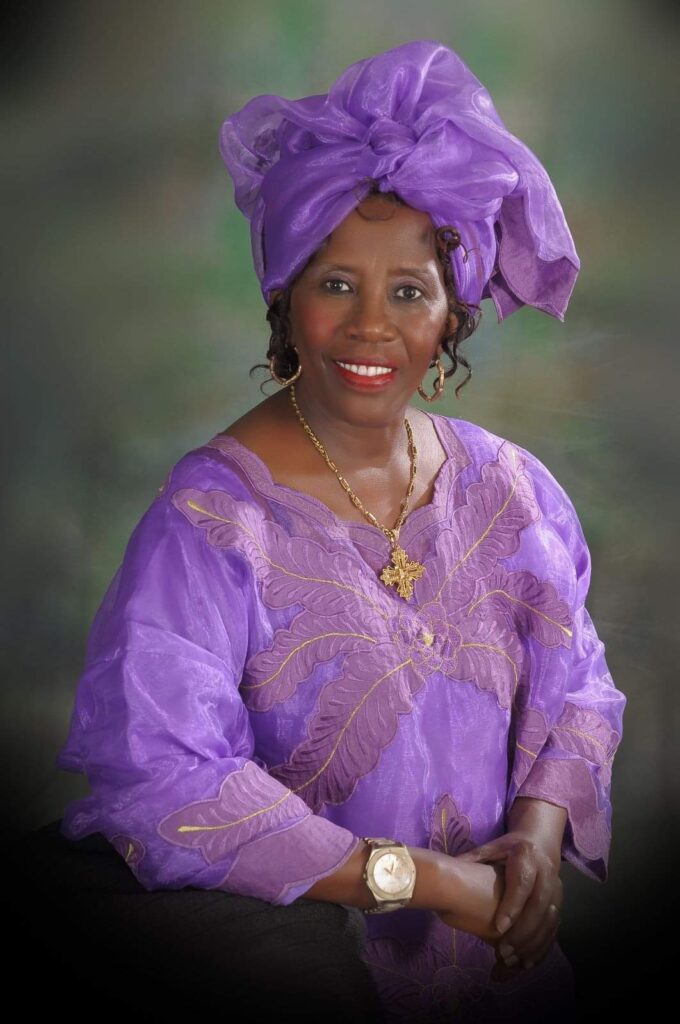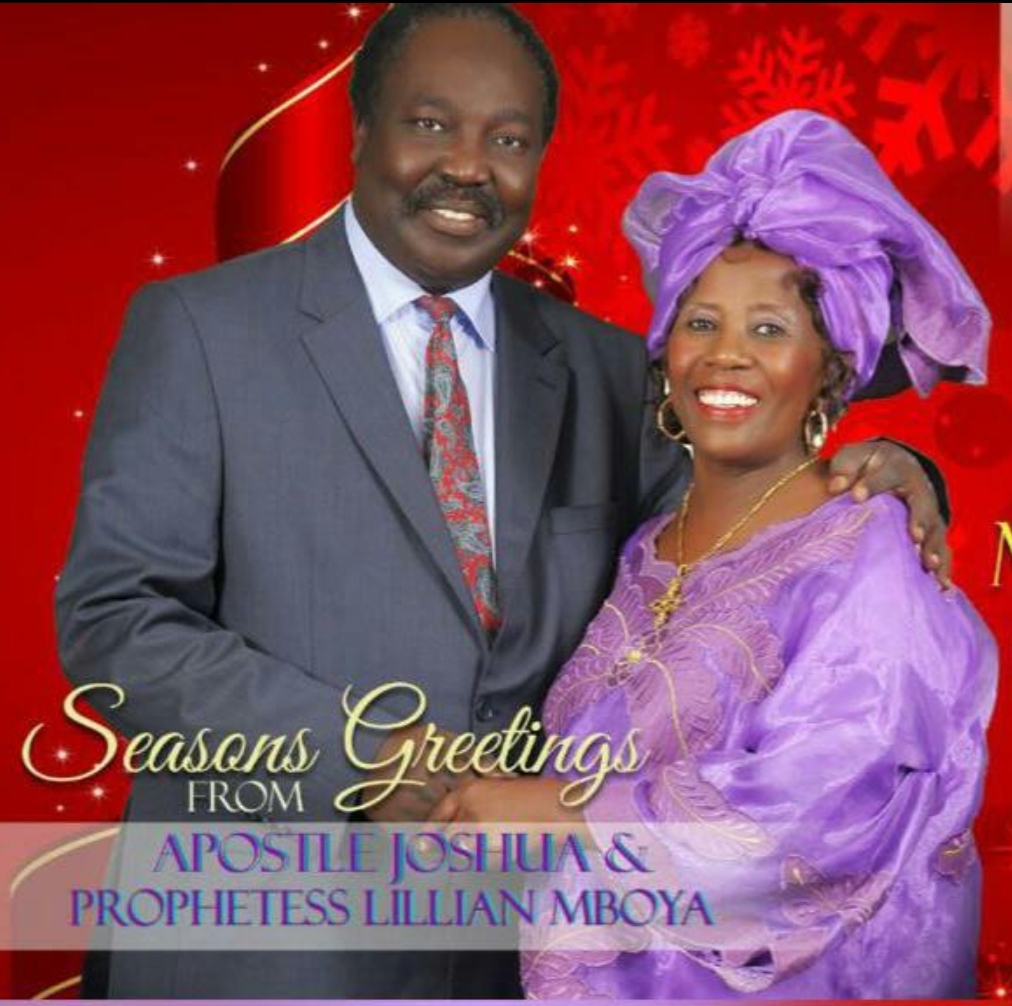The Prophetic Voice of God
Prophets are God’s instruments who have been called and empowered by God, through the power of the Holy spirit, to hear His voice and to understand his direction and reveal to his people. Prophets speak from the mind of God, His instructions. Prophets are gifted in being able to hear and understand, discern and differentiate Gods voice from other voices. Prophets are called and empower continuous by God.

The Characteristics of an Authentic Prophet
Genuine vs. Fake: Defining a Prophet
In a particular jewelry store, synthetic stones were being sold as if they were rare, natural gems for years. Numerous individuals, both men and women, purchased what they believed to be precious stones. The authenticity of these stones went unquestioned until someone with a discerning eye pointed out their artificial nature. How did people fall for this deception? The counterfeit stones closely resembled the real ones, and the disparity wasn’t discernible unless you possessed a trained eye. The first step is to establish criteria for authenticity: closely examine a real stone under a magnifying glass. Only then can you gain the expertise needed to identify the counterfeit
Title: “Identifying the Characteristics of a True Prophet”
Who Was the First Known Prophet in the Bible?
The Bible introduces us to several figures who could be considered early prophets. Let’s examine a few of them:
- Adam – In Genesis 2:23, after God created Eve from Adam’s rib, Adam proclaimed, “This is now bone of my bones, And flesh of my flesh; She shall be called Woman, Because she was taken out of Man.” While not typically recognized as a prophet in the traditional sense, Adam’s words convey a profound spiritual truth.
- Enoch – In Jude 1:14-15, Enoch, the seventh generation from Adam, is described as having prophesied: “See, the Lord is coming with thousands upon thousands of his holy ones to judge everyone, and to convict all the ungodly of all the ungodly acts they have done in the ungodly way, and of all the harsh words ungodly sinners have spoken against him.” Enoch’s prophetic message relates to the divine judgment.
- Abraham – In Genesis 20:7, God referred to Abraham as a prophet, even though he didn’t foretell future events. The term “prophet” here seems to emphasize his special relationship with God. This demonstrates that a prophet can serve as a spokesperson for God, communicating His will.
These early figures set the stage for later prophets in the Bible, who were called to declare God’s messages, often with specific guidance for the people of their time. Now, let’s delve into the characteristics of a true prophet based on biblical examples:
The Characteristics of a True Prophet
- Worshipper: A true prophet is characterized by a deep sense of veneration and glorification of God. Just like in the Song of Deborah in Judges 5, where praise and worship are integral (Judges 5:1-5).
- Intercessor: Prophets often intercede on behalf of others, as seen when the man of God interceded with the Lord for the restoration of the king’s hand (1 Kings 13:6).
- Meekness: Prophets exhibit meekness, which includes humility, gentleness, and shyness. Jesus serves as the perfect example of meekness (Philippians 2:1-18).
- Knowledge of the Word of God: True prophets are well-versed in the Scriptures, allowing them to know God’s will and purpose. Understanding and obeying God’s commandments is fundamental (1 Samuel 15:22).
- Forgiving: Prophets, like Moses, display forgiveness and compassion even when faced with challenges (Numbers 12:13).
- Filled with the Holy Spirit: Prophets are filled with the Holy Spirit, enabling them to discern spiritual truths and receive divine guidance (John 6:63, 1 Corinthians 2:14).
- Fearless: Prophets fear God more than humans and are not afraid to deliver His messages, as exemplified by Elisha (2 Kings 3:14-15).
- Trusts God: A true prophet places unwavering trust in God’s providence and guidance (Habakkuk 3:17-19).
- Pure Heart: Prophets maintain pure and uncorrupted hearts, striving for righteousness (Matthew 5:8).
- Integrity: They demonstrate moral uprightness, honesty, and consistency in their conduct (2 Kings 5:26-27).
- Exercise Discretion and Discernment: Prophets make sound judgments and have insight into matters, relying on wisdom from the Holy Spirit (Acts 16:17-18).
- Words Are Few and Aligned with God’s Word: Prophets are mindful of their words, ensuring they align with God’s truth (Proverbs 10:19).
- No Agenda but God’s: True prophets put God’s agenda above their own, seeking His kingdom and righteousness (Matthew 6:31-34).
- Obedient: Prophets are obedient to God’s commands, as seen in the example of Nehemiah (Nehemiah 8:10).
- Good Listeners: Prophets are attentive listeners, ready to hear God’s voice (1 Samuel 3:10).
- Wise: They exhibit wisdom in their actions, using knowledge and insight to make godly decisions (Acts 7:22).
- Fearless and Strong in Resolve: Prophets are bold and resolute in their commitment to the Lord, undeterred by obstacles (1 John 4:13-21).
- Let God Defend Them: Prophets don’t defend themselves but rely on God for their protection and vindication (Jeremiah 15:20-21).
- Kingly Mindset: Prophets possess a bold and confident focus on the Lord Jesus and His Word, allowing God to dictate their instructions (1 Corinthians 2:15-16).
Prophets are chosen vessels of God, called to deliver His messages,

